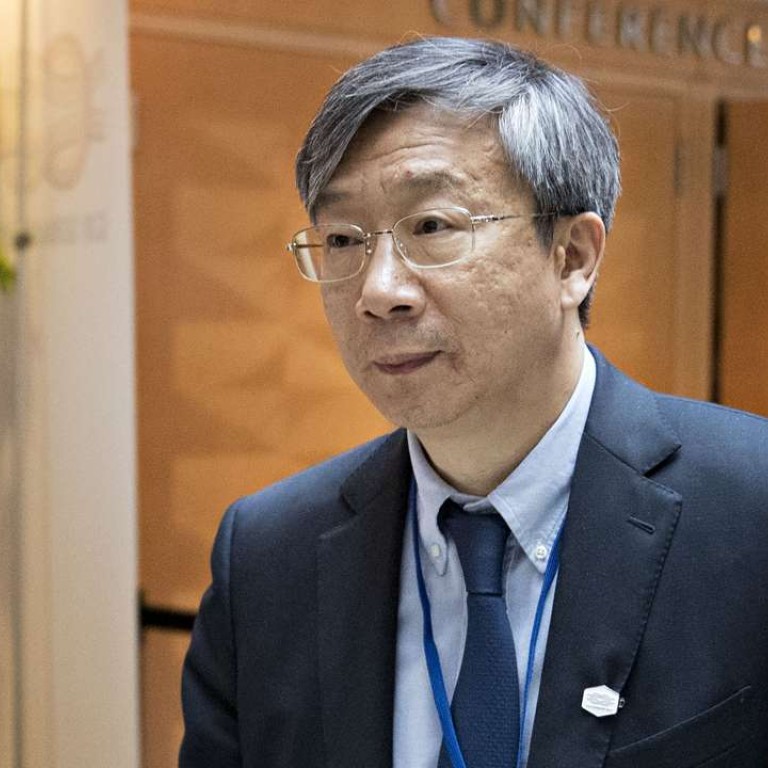
PBOC official said market for investment products needs more than just government support
A top Chinese central banker said the nascent market for investment products denominated in Special Drawing Rights needs more than just support from governments and policy makers to succeed, even as the nation helps get it started.
“If you just rely on the IMF, or just rely on some central bank subsidy, it never will work,” People’s Bank of China Deputy Governor Yi Gang said Friday during a panel discussion in Washington. “We believe there’s a market need and there’s a market drive that can be sustainable to develop an SDR market.”
Promoting the use of the SDR -- units tied to five reserve currencies -- is a key part of China’s strategy to boost international use of the yuan and challenge the global financial system dominated by the dollar. In August, the World Bank sold the first SDR-denominated bonds in three decades in China’s interbank market. The International Monetary Fund last year added the yuan to the SDR in line with a 2015 decision, making it the fifth member after the euro, dollar, yen and British pound.
While SDR-denominated bonds stirred excitement at times over the past five decades, the market has never taken off because it wasn’t profitable for banks and market makers to participate, Yi said at the event during the IMF and World Bank spring meetings in Washington.
The main challenges include a lack of liquidity, high transaction costs and settlement difficulties, he added. The Chinese authorities will help develop the market by building its infrastructure and facilitating transactions, Yi said.
Created by the IMF in 1969, the SDR gained renewed attention in 2009 when PBOC Governor Zhou Xiaochuan called for a “super-sovereign reserve currency,” as the global financial crisis underscored the risks of a system that relies on reserve currencies of major economies.
To build momentum, the SDR market still may need some help from policy makers to spur demand from international institutions, sovereign wealth funds and multinational companies, Mohamed El-Erian, chief economic adviser at Allianz SE, said during the panel.

